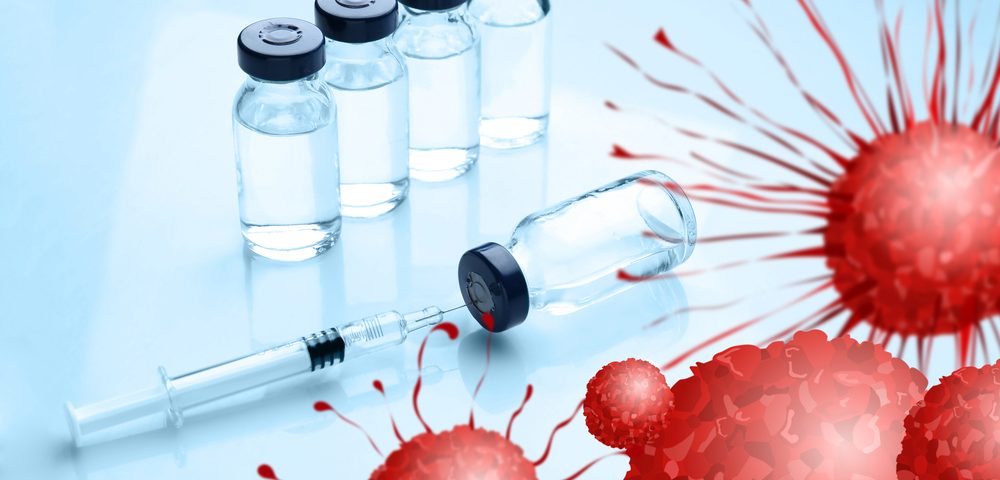A collaboration between cellular and immune therapeutics firm Gamida Cell and Be The Match BioTherapies is designed to widen the use of bone marrow transplants to treat blood cancers. The partnership supports NiCord, Gamida’s new investigational cell therapy.
The goals are two: to have NiCord become a universal bone marrow donor source for blood malignancies as well as bone marrow failure disorders requiring bone marrow transplantation, and to improve outcomes for transplant patients.
Be The Match BioTherapies is a subsidiary of the National Marrow Donor Program/Be The Match. It provides integrated platforms and software to manage global collection and delivery of cellular therapies. Its Be The Match registry, said to be the world’s largest, has 20 million prospective donors.
Terms call for the two companies to find ways to work jointly across the ongoing development program for NiCord, including a Phase 3 clinical trial in high-risk blood cancer patients, which began recruiting in 2016.
“Gamida Cell’s work to bring a new therapeutic option to patients in need of a bone marrow transplant aligns with our core mission to help organizations deliver cellular therapies that save more lives and improve the quality of life for patients,” Amy Ronneberg, Be The Match BioTherapies president, said in a press release. “This collaboration is designed to leverage our expertise in cellular therapy to support the advancement of Gamida Cell’s clinical development and product delivery efforts.”
Despite the benefits of bone marrow transplants, roughly 40 percent of eligible patients in the United States don’t get one for many reasons, including problems locating a matched donor, according to the U.S. Department of Health and Human Services: Health Resources and Services Administration (HRSA). A universal alternative to existing donor sources would be expected to increase the number of transplants.
“This collaboration maximizes the strengths and expertise of our teams to help move us closer to our common goal of transforming this important area of medicine,” said Julian Adams, chief executive officer of Gamida Cell.
NiCord is an alternative to bone marrow transplants that uses cells collected from the umbilical cord blood. These cells are then cultured using Gamida Cell’s proprietary NAM platform technology, which enriches the cultured cells in highly functional stem and progenitor cells, as well as dendritic cells.
Unlike bone marrow, cord blood does not require a fully matched donor for a successful transplant and this is a viable approach for nearly 95% of patients in need of a transplant.
Gamida is enrolling patients in a Phase 3 clinical trial (NCT02730299) to test NiCord in lymphoma and leukemia patients in need of a stem cell transplant. The approach will be compared with unmanipulated umbilical cord blood in roughly 120 participants.
NiCord has been granted breakthrough status and orphan drug designation as a treatment for high-risk blood cancer patients in need of blood stem cell transplants. The designations are meant to advance the development and review of new therapies through extensive federal guidance.


